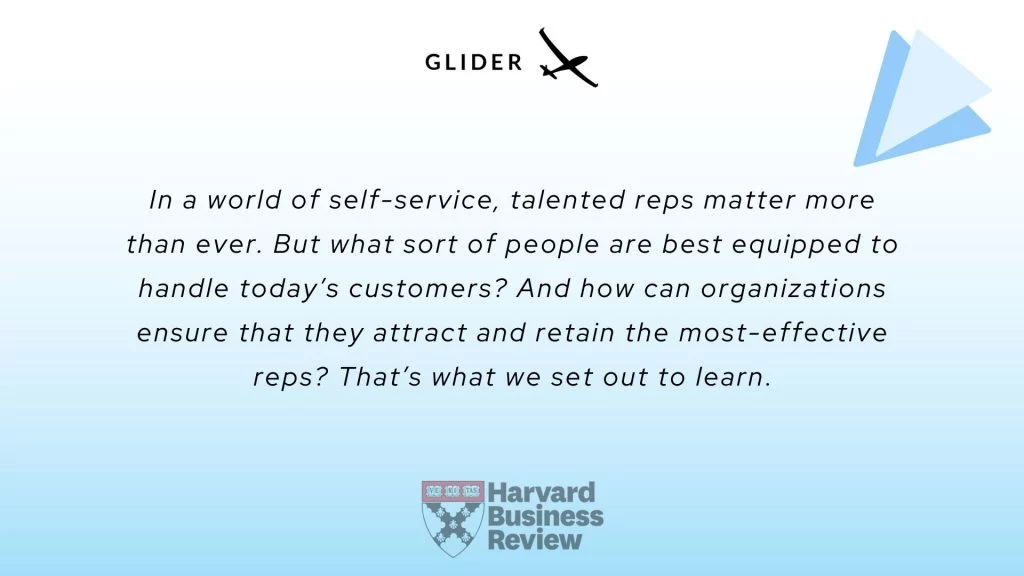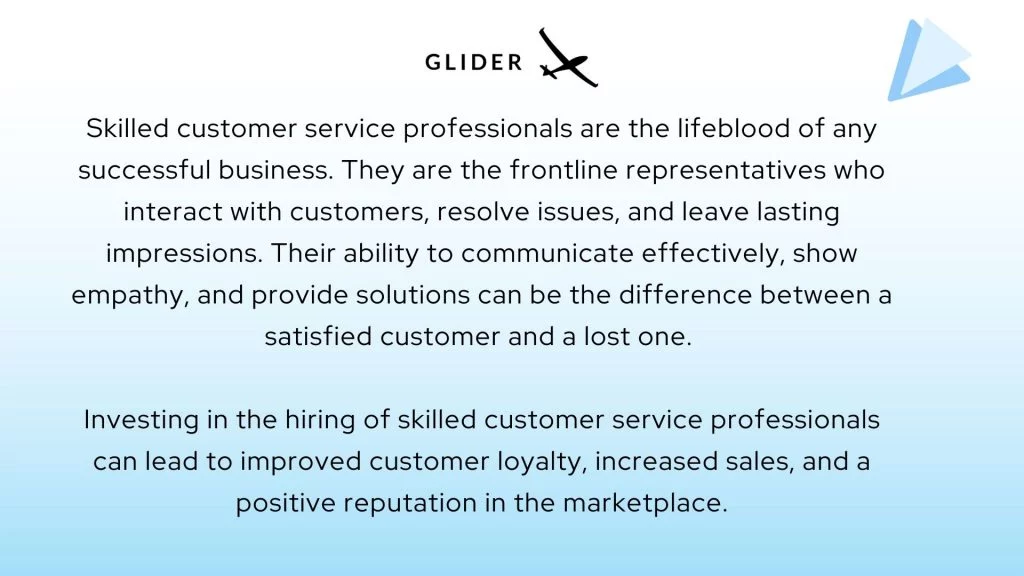When it comes to customer care, it’s essential to have representatives who can provide the best possible service to your clients. Hiring the right person for this role is crucial, as they will be the face of your company and responsible for managing customer relationships.
To ensure you hire the best candidate for the job, it’s important to ask the right interview questions. In this blog, we’ll cover operational and situational questions, role-based questions, and behavioral questions to help you select the ideal customer care representative.

General Roles and Responsibilities of a Customer Care Representative
The key roles and responsibilities of a customer care representative typically include:
- Providing excellent customer service: The primary responsibility of a customer care representative is to assist customers with their inquiries, concerns, and complaints. They should be able to respond to customers in a polite, professional, and timely manner, while also ensuring that the customer’s needs are met to their satisfaction.
- Resolving customer issues: Customer care representatives must be able to troubleshoot and resolve issues that customers may be experiencing with a product or service. This requires good problem-solving skills and the ability to work well under pressure.
- Handling customer complaints: Customers may sometimes be unhappy with a product or service, and it is the customer care representative’s responsibility to listen to their concerns and find a satisfactory solution. This requires strong communication and conflict-resolution skills.
- Maintaining customer records: Customer care representatives need to maintain accurate and up-to-date records of customer interactions, including inquiries, complaints, and resolutions.
- Providing product or service information: Customer care representatives need to have a deep understanding of the products or services they are representing and be able to provide accurate and helpful information to customers.
Skills and Experience a Customer Service Representative should have:
In terms of experience and skill set, HRs should look for candidates who have the following qualifications:
- Excellent communication skills: Customer care representatives must be able to communicate effectively with customers, colleagues, and management. They should have strong verbal and written communication skills.
- Customer service experience: Candidates who have experience working in a customer-facing role, such as in retail, hospitality, or call centers, will likely have developed good customer service skills that will be useful in a customer care representative role.
- Problem-solving skills: Customer care representatives must be able to think critically and creatively to solve customer issues. Candidates with a background in troubleshooting or technical support may be particularly well-suited for this role.
- Multitasking abilities: Customer care representatives must be able to handle multiple customer interactions simultaneously while maintaining accuracy and attention to detail.
- Empathy and patience: Candidates with strong empathy skills and a patient demeanor will be better equipped to handle customer complaints and provide excellent customer service.
- Computer skills: Customer care representatives should have a good understanding of basic computer software and be comfortable using technology to assist customers.
Overall, HRs should look for candidates who have a passion for helping others, a positive attitude, and a strong work ethic, as these qualities will help them excel in a customer care representative role.

Customer Care Representative Operational and Situational Questions
Operational and situational questions help you assess a candidate’s knowledge of customer care practices and their ability to handle real-life scenarios. Here are some examples:
- Describe a time when you successfully de-escalated a difficult customer situation.
- How would you handle an irate customer who demands an immediate solution to their problem?
- What steps would you take to ensure customer satisfaction?
- Have you ever faced a situation where you didn’t know how to solve a customer’s problem? If so, what did you do?
- How would you handle a customer who refuses to follow the company’s policies?
Customer Care Representative Role-specific Questions
Role-based questions help you assess whether a candidate is a good fit for the specific role you’re hiring for. Here are some examples of questions to ask:
- What skills do you have that make you an ideal candidate for this position?
- How do you stay up-to-date with industry trends and customer care best practices?
- What experience do you have in handling customer complaints, and how did you resolve them?
- How do you prioritize your workload when dealing with multiple customer inquiries?
Customer Care Representative Behavioral Questions
Behavioral questions help you evaluate how a candidate has behaved in the past and how they are likely to behave in the future. Here are some examples:
- Describe a situation where you went above and beyond to provide excellent customer service.
- Tell me about a time when you made a mistake, and how did you handle it?
- How do you handle stressful situations, such as dealing with an angry customer or having a heavy workload?
- Can you give an example of a time when you worked collaboratively with others to achieve a common goal?
Conclusion
By asking the right interview questions, you can assess whether a candidate has the necessary skills and experience to be an effective customer care representative. Operational and situational questions can help you evaluate their knowledge and ability to handle real-life scenarios, while role-based questions help you determine whether they are a good fit for the position you’re hiring for. Behavioral questions can give you insight into how they handle challenges, work with others, and provide customer



